November 4, 2020 •
Oregon Voters Pass Measure to Limit Political Contributions and Expenditures
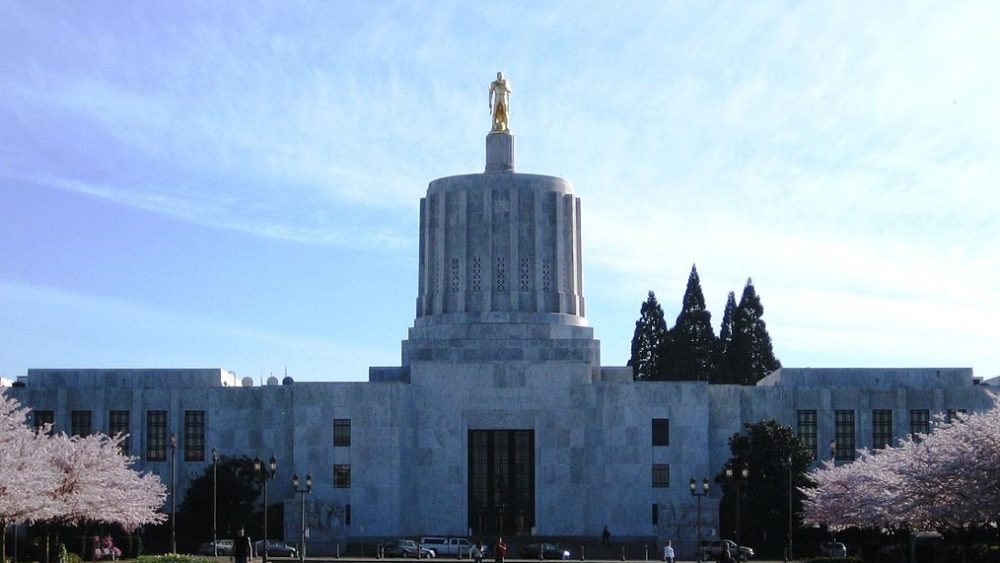
Oregon State Capitol Building
Voters passed a state constitutional amendment paving the way for the Oregon State Legislature and local lawmakers to limit political contributions and expenditures. Measure 107 also allows for rules regarding disclosure of campaign activity in order to require campaigns to […]
Voters passed a state constitutional amendment paving the way for the Oregon State Legislature and local lawmakers to limit political contributions and expenditures.
Measure 107 also allows for rules regarding disclosure of campaign activity in order to require campaigns to be transparent about who paid for political advertisements.
Currently, there are no contribution limits due to Oregon Supreme Court rulings declaring campaign finance reform to be in violation of the state constitution. Measure 107 is retroactive, but only to legislation passed on or after January 1, 2016.
November 4, 2020 •
Rhode Island Voters Approve Change to State Name
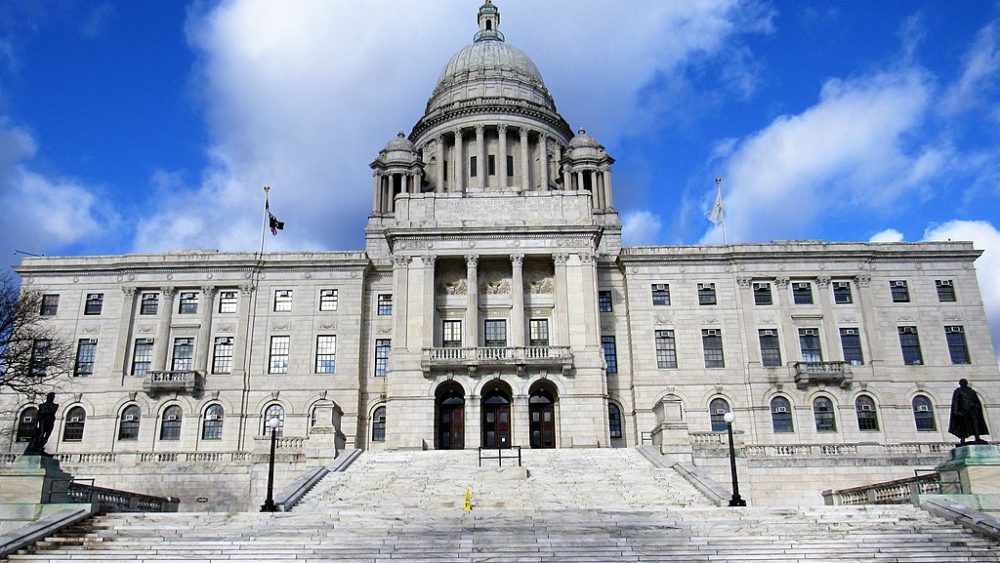
Rhode Island State House - by Farragutful
In a close vote, Rhode Island voters approved Question 1, a resolution to change the state name. The resolution removes the term “and Providence Plantations” from the official state name referenced in the Preamble, Article III, and Article IX of […]
In a close vote, Rhode Island voters approved Question 1, a resolution to change the state name.
The resolution removes the term “and Providence Plantations” from the official state name referenced in the Preamble, Article III, and Article IX of the Rhode Island Constitution.
The governor and several political leaders have previously removed the term from official state and local documents over the summer.
November 4, 2020 •
Massachusetts Voters Defeat Ranked Choice Proposal
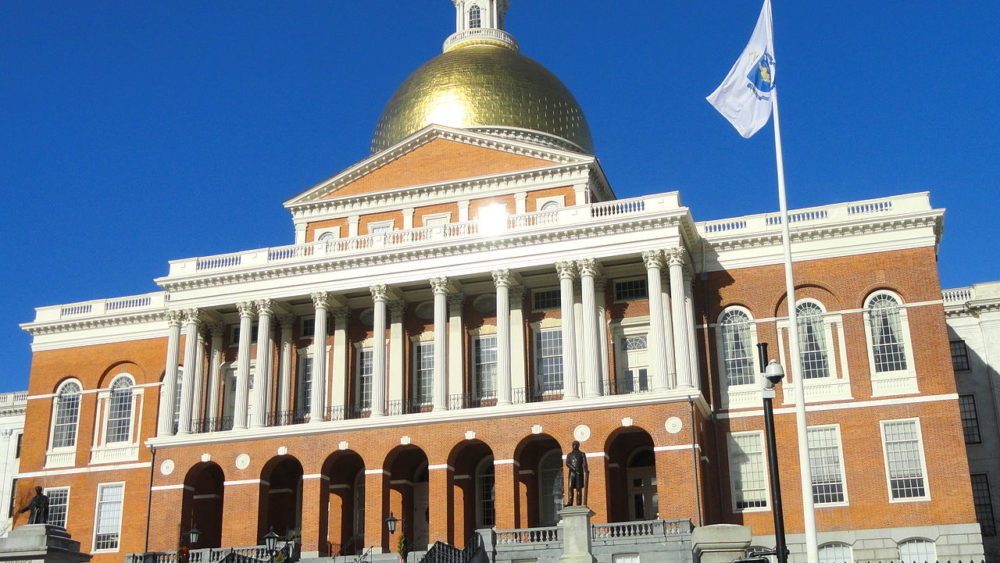
Massachusetts Capitol Building
On Election Day, voters defeated Question 2, an Act to Implement Ranked-Choice Voting in Elections. The initiative was proposed to create a ranked-choice voting system in which voters rank one or more candidates by order of preference. Ranked-choice voting would […]
On Election Day, voters defeated Question 2, an Act to Implement Ranked-Choice Voting in Elections.
The initiative was proposed to create a ranked-choice voting system in which voters rank one or more candidates by order of preference.
Ranked-choice voting would have been used in primary and general elections for all Massachusetts statewide offices, state legislative offices, federal congressional offices, and certain other offices.
However, ranked choice voting would exclude elections for president, county commissioner, or regional district school committee members.
November 4, 2020 •
North Dakota Voters Defeat a Constitutional Amendment
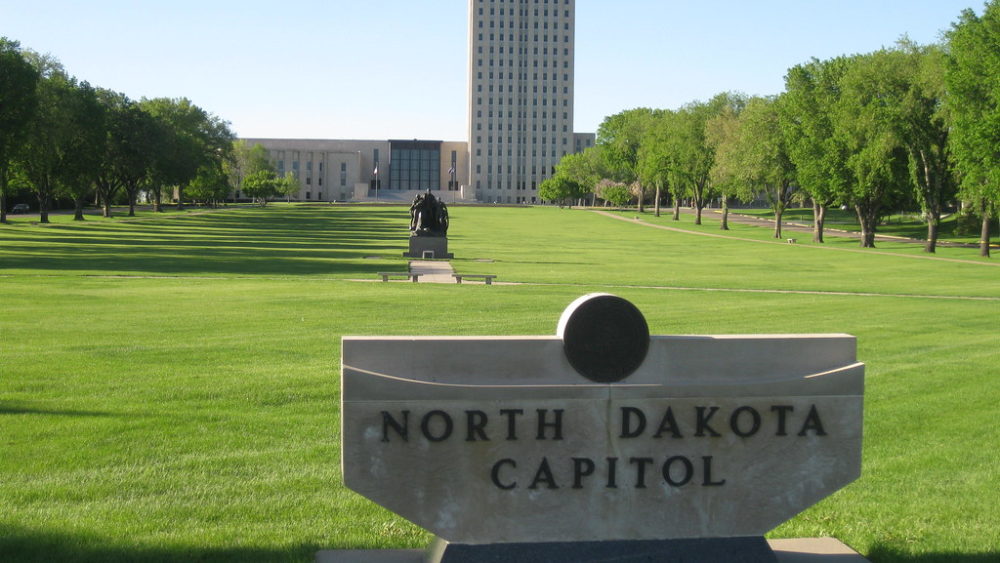
North Dakota Capitol Building
Voters defeated a constitutional amendment that would have required approval of the legislature or voter approval twice for all initiated ballot measures. The amendment needed a simple majority of votes to pass. As of Wednesday morning, with 91% of votes […]
Voters defeated a constitutional amendment that would have required approval of the legislature or voter approval twice for all initiated ballot measures.
The amendment needed a simple majority of votes to pass.
As of Wednesday morning, with 91% of votes counted, the measure was defeated by 24%.
November 4, 2020 •
North Dakota Voters Defeat Constitutional Amendment

North Dakota State Capitol - By Bobak Ha'Eri
Voters defeated a constitutional amendment changing the membership and meeting requirements of the state board of higher education. The failure of the measure keeps the number of individuals who serve on the state board of higher education at eight and […]
Voters defeated a constitutional amendment changing the membership and meeting requirements of the state board of higher education.
The failure of the measure keeps the number of individuals who serve on the state board of higher education at eight and their terms of membership at four years.
The amendment would have increased board membership to 15 and increased membership terms to six years and prohibited state legislators, elected state officials, and full-time state employees from serving on the board.
As of Wednesday morning, with 91% of the votes counted, the measure was overwhelmingly defeated by 45%.
November 4, 2020 •
Missouri Voters Pass Constitutional Amendment Including Lobbyist Gift Ban
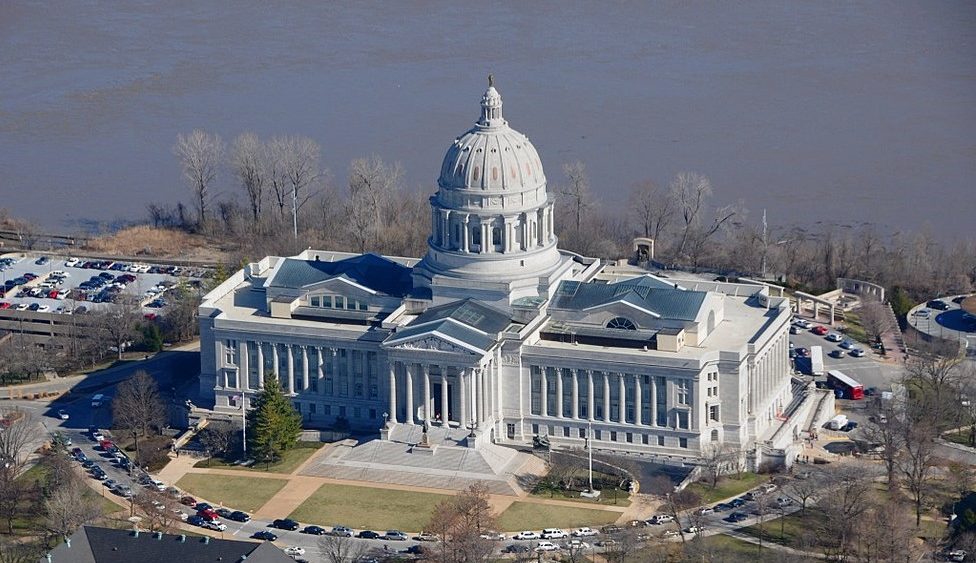
Missouri Capitol Building
Voters passed a constitutional amendment creating a lobbyist gift ban, reducing campaign contribution limits, and repealing redistricting. The measure amends Article III of the Constitution to prohibit all gifts from lobbyists or lobbyist principals to members of the General Assembly, […]
Voters passed a constitutional amendment creating a lobbyist gift ban, reducing campaign contribution limits, and repealing redistricting.
The measure amends Article III of the Constitution to prohibit all gifts from lobbyists or lobbyist principals to members of the General Assembly, staff members, and anyone employed by the General Assembly.
The amendment also reduces contribution limits made to or accepted by any candidate or committee for state senator from $2,500 to $2,400 per election.
There is no change for candidates for state representative.
The amendment also modifies the criteria for redrawing legislative districts and changes the process for redrawing state legislative district boundaries during redistricting.
The change happens by repealing the post of nonpartisan state demographer and giving all redistricting responsibility to a bipartisan commission, renaming them as the House Independent Bipartisan Citizens Commission and the Senate Independent Bipartisan Citizens Commission, respectively.
Additionally, the amendment increases membership on the commissions to 20 by adding four commissioners appointed by the Governor from nominations by the two major political party’s state committees.
As of Wednesday morning, with 98% of votes counted, these constitutional amendments had narrowly passed by 2% and are effective immediately.
November 4, 2020 •
Missouri Voters Defeat Constitutional Amendment

The Gateway Arch in St. Louis, Missouri
Missouri voters defeated a constitutional amendment that would have extended term limits currently applicable to the governor and treasurer to all statewide elected officials. The failure of the amendment does not affect the term limits currently applicable to the governor […]
Missouri voters defeated a constitutional amendment that would have extended term limits currently applicable to the governor and treasurer to all statewide elected officials.
The failure of the amendment does not affect the term limits currently applicable to the governor and treasurer under Article IV, Section 17 of the Constitution.
Namely, that no person shall be elected governor or treasurer more than twice, and no person who has held the office of governor or treasurer, or acted as governor or treasurer, for more than two years of a term to which some other person was elected to the office of governor or treasurer shall be elected to the office of governor or treasurer more than once.
The amendment needed to receive a majority of votes to pass and as of Wednesday morning was defeated by only 4% with 98% of the votes counted.
State and Federal Communications, Inc. provides research and consulting services for government relations professionals on lobbying laws, procurement lobbying laws, political contribution laws in the United States and Canada. Learn more by visiting stateandfed.com.

